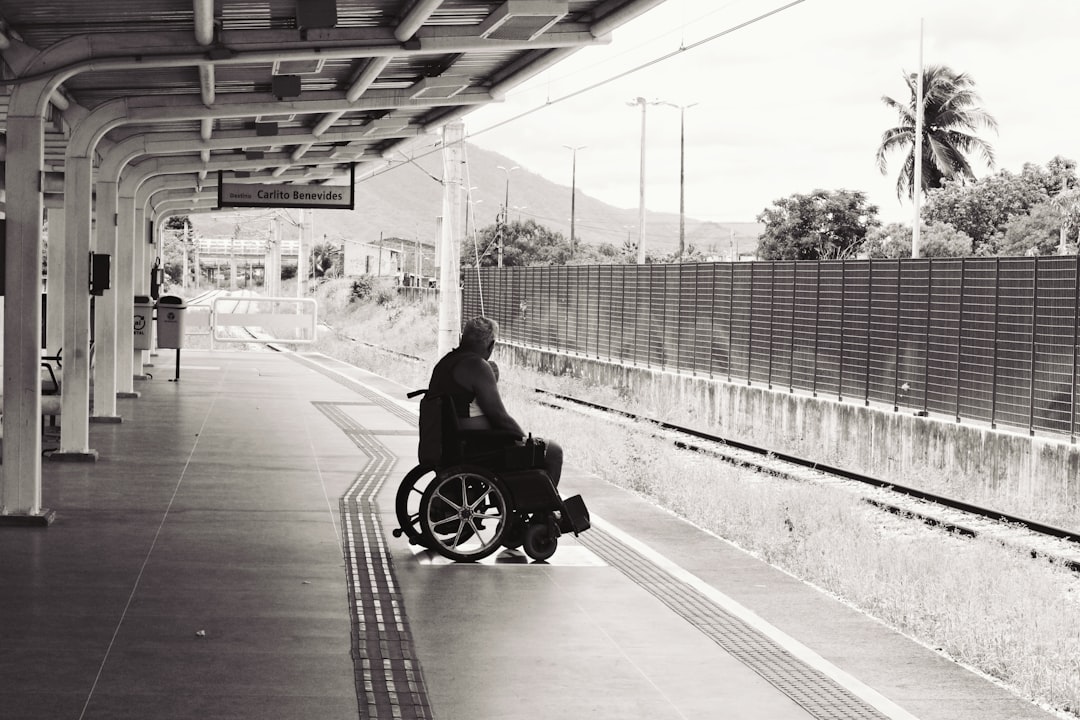
Whether the rumors of depopulation are true, or it's just that our culture's love of death has become so commonplace, there is a strange sense of relief that some schemes humanity devises are still able to shock us. While tastemakers and talking heads are busy promoting death – abortion, nutritionally-void food, Big Pharma, war, and the utilitarian value of a childless life, just to name a few – news that Canada will expand euthanasia eligibility to include mental disorders did actually cause some distress came as a moment of sanity in the white noise. More outrage came after a report that a veteran reaching out to a government agency for help was advised that he should consider assisted suicide as an option.
Media reporting on assisted suicide policies has largely focused on the potential for coercion and abuse, especially for those who are suffering maladies of their minds. Unless laws are very carefully crafted, so the reasoning goes, the risk that the patient did not consent to be killed remains. In all this, the idea that death is the answer to human suffering is largely unquestioned. That it is better to be dead than to suffer seems a given.
Yet if you speak to people on the street, your relatives and neighbors, about so-called "death with dignity", they are not really thinking about death as much as being incapacitated. They think of death as a release – it is what comes before that they want to avoid:
I don't want to be in pain.
I don't want to be a burden.
I don't want to lose my dignity.
I don't want to lose my independence.
Losing autonomy or being incapacitated can feel like a fate "worse than death" as one disability advocate put it. It is no wonder that euthanasia laws are vehemently opposed by disability advocacy groups. They understand what happens in a society when you start measuring whose "quality of life" is meaningful and whose is not. Readers who live with disability and those caring for someone who is disabled know how hard it can be to ask for help, rely on help, or depend on others. But such a life is no less valuable. It is a human life. It is not a half-life.
Our society seems hell-bent on ridding itself of those who are inconvenient, those who can't contribute, those who slow down the programs of the elites. These are the ones who remind us (to borrow Pastor Fisk's words) that there are no better people, only broken people. For worldlings, the thought that they are not their own is too painful. The knowledge that you are not the captain of your soul nor the master of your fate must not be borne. So they rush to push aside any reminder that they live in the valley of the shadow of death, that they are creatures dependent on their Creator, deceiving themselves that their life is in their own hands.
However, it is on account of God's mercy that there is hope for those ruined by the Fall, relief from the weight of sin is given in the forgiveness of Jesus Christ. But for those for whom life in this cursed creation is extra hard and each day is not just a spiritual battle, but a physical struggle, Jesus’ glorious resurrection is the promise of a restored body in a world to come. In truth, in confessing Christ as our hope, we are like Mephibosheth, the cripple who was welcomed to eat at the table of King David. Though we were born into the house of his enemy, the King has invited us to the royal meal, replete with the food of immortality. Every Lord's Day we partake of his Supper and hear the promises once again that sustain us as we tread this vale, no matter the physical and mental odds that are stacked against us.
Living a life fearful of what may come is a life half-lived but accepting good and adversity is possible when you know the God of compassion. There is a day coming, when freed from sinning, our resurrected bodies will be like Christ's. The culture of death will be swallowed up in the victory that was won at the cross by our Savior. Though he was despised and rejected and killed, he is risen. So we can confidently rest knowing that our suffering is for a little while, but he will soon restore us. Alleluia!



